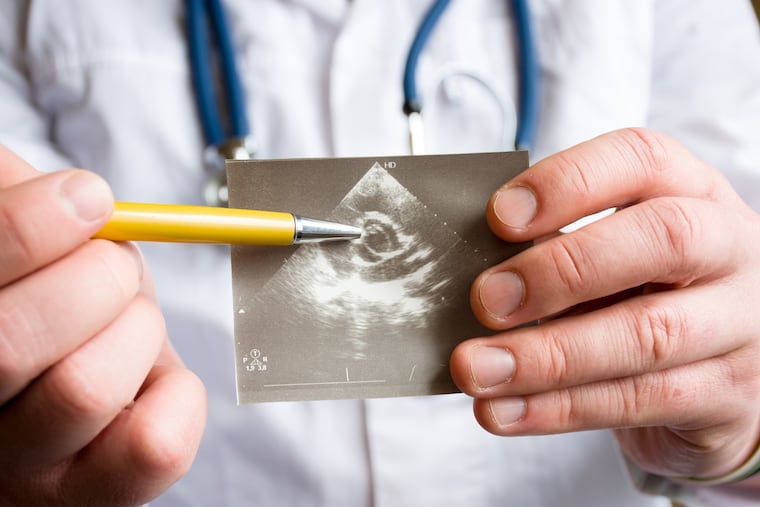A patient in addiction teaches this heart surgeon a surprising lesson
The doctor was stunned and discouraged when a seriously ill patient checked himself out of the hospital. Then he had another thought.

I pleaded with a patient who came to the hospital with a life-threatening heart infection — a condition called endocarditis that can require emergency surgery.
“We can fix your valve this time,” I said. “But I want you to understand that unless we can help you with your addiction to intravenous drugs, it’s most likely going to recur.”
There are many sources from which bacteria can enter the bloodstream. But in this case — as for an increasing number of people in addiction — it was a particularly challenging and high-risk scenario. Unless the patient’s behavior changed, the risks would only compound from here on.
This patient would have an artificial valve after the operation, which meant a higher risk of a future infection. Moreover, any repeat surgery would be even more dangerous because the body would be scarred and altered.
Our conversation seemed to resonate; the patient became tearful and promised to not make the same mistake again. We went ahead with the operation.
A few days later, I received a phone call from one of my colleagues.
“Did you hear that your patient left the hospital before finishing the antibiotics?”
I felt disappointed and betrayed. My colleagues had predicted this would happen, but I thought I could be the change. Had I been too naive? I blamed myself for believing in this person and investing myself in their care without preparing for this moment.
I have always defined impact as my ability to change or steer others in a new (and of course better) direction. By that standard, my experience with this patient was an utter failure. Despite major surgery, they were out on the street again, vulnerable and unprotected.
Perhaps it was foolish of me to believe that I could have made a lasting impact on this patient’s life. Perhaps it was a waste of time to have a sincere conversation about addiction. Maybe I should have just helped fix the valve without giving it another thought.
Then it dawned on me: I was allowing myself to become cynical, the exact opposite of the kind of doctor I have always wanted to be.
Making an impact, I realized, does not mean that we have to change the world. Sometimes, you can make an impact by not allowing the world to change you.
Each of us is tested with experiences that might make us feel that our actions are futile. Change is a slow and stubborn agent.
But every time we hold onto our values in less-than-gratifying circumstances, we have made an impact. Choosing to remain compassionate rather than isolated, faithful rather than cynical — these are choices that make an impact.
The same patient returned to the hospital a few days later with signs of another infection. I did my best to speak with them exactly as I had the first time, telling myself our encounter was meaningful and not futile. This time, the patient stayed until treatment was complete.
I do not know if my patient will overcome the addiction or return with another life-threatening illness. What I do know is that the best way I can help my patients is to remember that sometimes, the best impact I can have is to simply persevere as who I am.
Jason Han is a resident in cardiothoracic surgery in the Perelman School of Medicine at the University of Pennsylvania. He will address the issue of writing for better health at The Inquirer’s “Telling Your Health Story” event on Sept. 28. The opinions expressed in this article do not represent those of the University of Pennsylvania Health System or the Perelman School of Medicine.